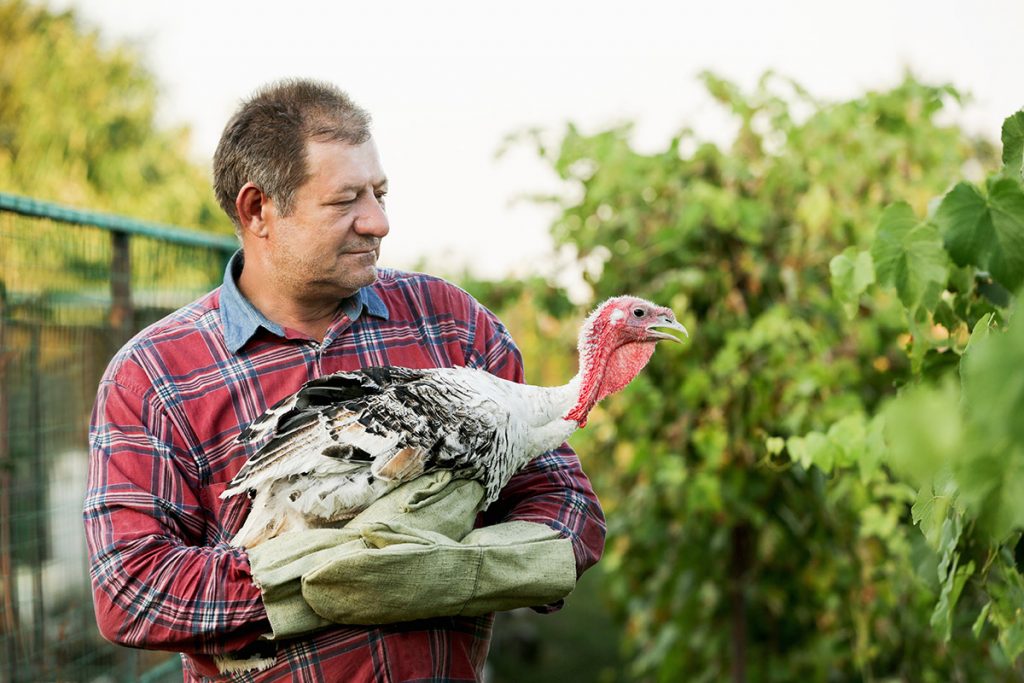
On January 20th, President Trump signed a memorandum and sent it to the heads of federal agencies. The memo’s intent was to limit the publication and implementation of rules already in the pipeline. Specifically, the memo ordered agency heads to do the following: “With respect to regulations that have been published in the [Office of the Federal Register] but have not taken effect, temporarily postpone their effective date for 60 days from the date of this memorandum.”
Delay, Delay, Withdrawal
In keeping with the memo’s command, the US Department of Agriculture (USDA) delayed a set of Obama-era regulations known as the Grain Inspection, Packers and Stockyards Administration rules (or GIPSA rules for short), named after the department responsible for their implementation. The stay was first introduced on February 7th and then another delay was initiated on April 12th. Thus, the rule was scheduled to be effectuated on October 19th. But two days prior, the administration announced the withdrawal of the GIPSA rules.
The narrative of the rules’ planned implementation, delay and withdrawal, can be found on the Federal Register.
Dubious Justification
When the USDA extended the initial stay on April 12th, Randall Jones, Acting Administrator of GIPSA, said the following: “The extension allows ample time for stakeholders to review the effects of the Scope Interim Final Rule on their operations, and ensures maximum opportunity for dialogue across every segment of the livestock, meat, and poultry industries.” But ultimately, the administration would do something totally unsurprising: strike the rules as proposed by big agribusinesses.
The Rules
So what exactly were these rules intended to do? And why was the Trump administration so intent on their abolition? The rules in question were first introduced to address several pitfalls of the Packers and Stockyards Act rules – particularly those provisions having to do with unfair trade practices. As it currently stands, without the GIPSA rules, it is very difficult for small farm producers to sue large processing companies like Tyson and Purdue.
Effect on Farmers
If the rules were implemented, as was the plan in December 2016, individual farmers would not have to prove that the actions of processors caused harm to the entire industry – a lofty burden for farmers with fewer resources than their big-time counterparts. In addition, under the now defunct rules, the smaller farmers would play a more prominent role in devising contracts between producers and processors. As it stands, processors exercise a great deal of control.
Context
Ever since the GIPSA rules were first implemented in 2008, major players in the agriculture industry have done everything in their power to obstruct the effectuation of the regulations. Thanks to the imbrication of politics and money in Congress, appropriation riders went a long way in delaying the authorization of the rules. Eventually, the regulations made it through, but only in time for the current administration to reverse nearly a decade’s worth of effort to ease the burden on small farm producers.
Even Republican Senator Chuck Grassley of Iowa expressed discontent when the Trump administration announced the withdrawal of the GIPSA rules. “If they would know how some of these people are treated that contract with these big multi-corporations, they wouldn’t be withdrawing that,” he told Agri-Pulse.
Turkey Farmers Suffer
Take small turkey farmers for instance. These producers, which are contracted by major processing companies like Tyson, account for nearly 69 percent of the market. Despite this fact, processing companies lord it over small turkey farmers like feudal princes. Without the GIPSA rules, farmers like Ike Horst are subject to the capricious whims of companies like Plainville, who prevented Horst from selling his farm by applying unreasonable conditions to the sale: the new buyer was supposed to upgrade the farm in a variety of ways. Failing that, Plainville said it would refuse to work with the replacement farmer.
Dire Circumstances
This sort of behavior would have been preventable under the GIPSA rules. Nonetheless, agribusinesses claimed that the regulations would only lead to “frivolous lawsuits” – a tried and (not so) true justification, used for years by large corporations and their conservative counterparts in Congress. Thanks to the profit-seeking stubbornness of large businesses, turkey farmers have seen major reductions in their own profits. Once upon a time, growers like Billy Turner received $2.50 per bird. Twenty-five years later they receive $1.35.
This is yet another example of the destructive effects of the current administration’s insistence on deregulation.



Leave a Comment